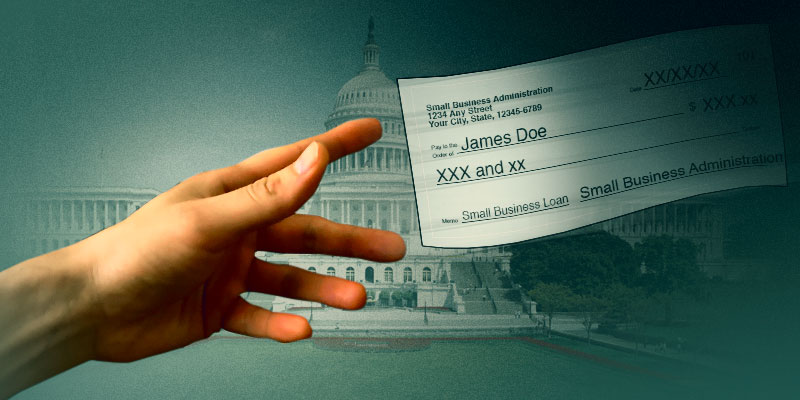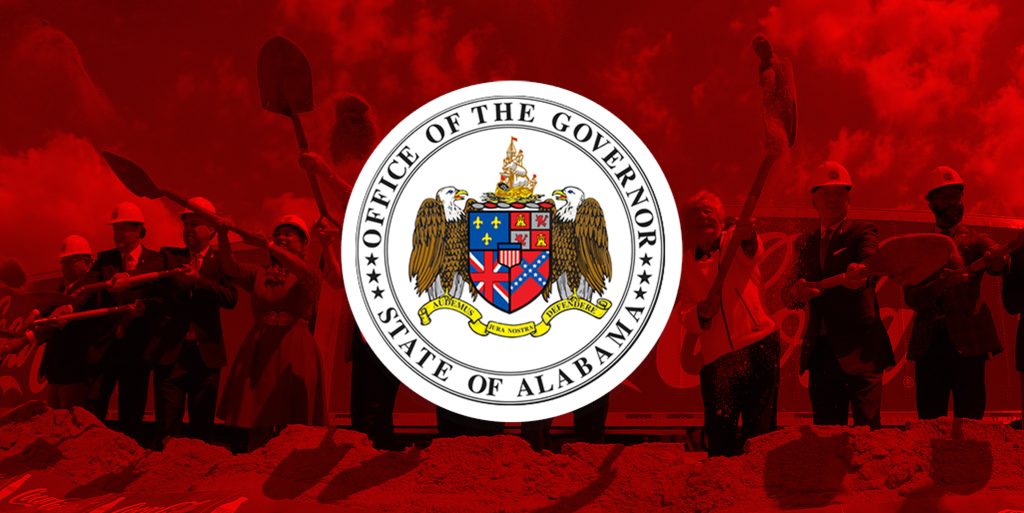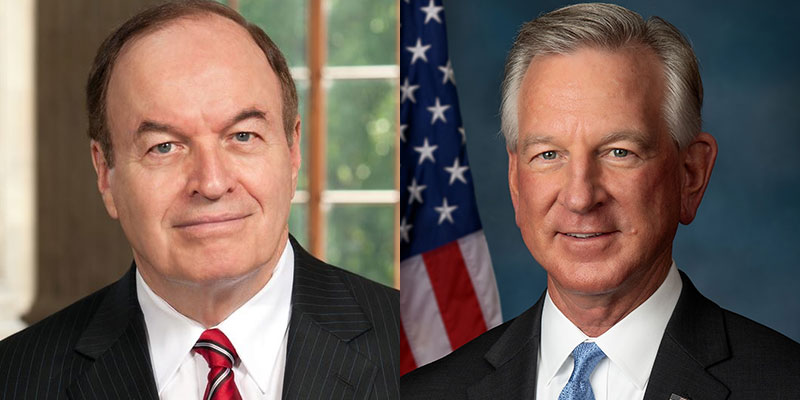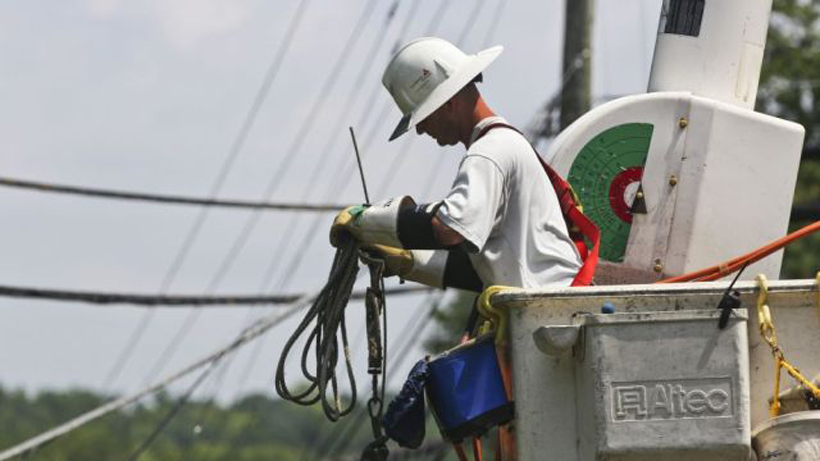The nation’s small business relief fund ran out of money on Thursday, and immediately calls for replenishing the fund began.
The Paycheck Protection Program (PPP) is part of the $2.2 trillion stimulus package known as the CARES Act. Congress had appropriated nearly $350 billion toward PPP, however that well has now run dry.
This happened on the same day the Alabama Department of Labor reported that 77,515 people had filed unemployment claims during the week of April 5-11, bringing the total number of unemployment claims since March 15 up to 277,607.
Nearly $4 billion in aid money had been handed out to Alabama small businesses by Wednesday afternoon. Fourteen states had received more than $6.5 billion each.
Following the announcement that all of PPP’s funding had been depleted, business leaders from around the state began calling for additional resources for the program.
Rosemary Elebash, state director for the National Federation of Independent Business, cited her concern that many small businesses were in danger of being unable to recover.
“A lot of Alabama businesses have closed temporarily because of the coronavirus, and a lot of them might not be able to reopen without additional federal paycheck protection,” she said in a statement. “We encourage everyone to contact their members of Congress and tell them to act now.”
Rallying support behind the effort became a common theme and one expressed by Jim Page, president and CEO of the Chamber of Commerce of West Alabama.
Time to double-down on advocacy efforts for increased funding from Congress. @USChamber @ACCEHQ @BCAToday https://t.co/elThPMMI8L
— Jim Page (@jimpagejr) April 16, 2020
Anticipating a shortfall for the program, the Trump administration sent a formal request to Congress for additional PPP funding on April 7. Since the time of that request, disagreement has ensued between Democrats and Republicans in Congress as to the details of any new funding.
On Wednesday, the Small Business Administration (SBA), which administers PPP, issued a statement urging Congress to grant additional funding and touting the fact that SBA had processed “more than 14 years’ worth of loans in less than 14 days.”
Then on Thursday, members of Alabama’s congressional delegation intensified their calls for a deal on PPP funding.
“It is time for Congress to go back Washington and do what is necessary to get the country back to work,” outlined Congressman Gary Palmer (AL-06) in a statement. “Speaker Nancy Pelosi is doing a great disservice to Americans by refusing to reconvene Congress. There are small businesses all over the nation that will never re-open, and others are barely hanging on, hoping and praying that they will be able to reopen soon. Many of these businesses were still in the process of receiving or applying for a loan to save their employees and businesses, but now they can’t because the Paycheck Protection Program is out of money.”
Congressman Bradley Byrne (AL-01), in a statement from his office, showed little patience for further delays in funding the program.
“It is unimaginable that some in Congress are continuing to block a resupply of critical Paycheck Protection Program funds to the point that reserves ran dry this morning,” he said. “Millions of small business owners are days away from insolvency. Just a brief lapse in PPP funding could mean thousands of small businesses closing their doors forever, employees losing their jobs and livelihoods, and communities dealt a hammer blow as they cope with a challenge unprecedented in the history of our nation.”
PPP money flows to small businesses in the form of government-backed loans from banks. As a result, perhaps no one has developed a better understanding of the demand for additional funding than members of the banking industry.
Macke Mauldin, president of Bank Independent, termed the response of his customers to PPP as “very strong.”
With 28 branches throughout North Alabama, Bank Independent issued more than 700 loans under PPP, totaling in excess of $80 million.
“We take very seriously our commitment to our communities and our small businesses and people in our communities,” Mauldin told Yellowhammer News. “So we were very proactive in trying to help our small businesses get approved for the PPP. We didn’t put any limit on the how much we were going to do. $10 million is the highest limit set by SBA, but we went down as low as $2,000 on some of the requests.”
Even though SBA permitted businesses with up to 500 employees to receive funding, Mauldin believes one of the reasons why an additional appropriation is so critical is because of the need to assist some of Alabama’s smallest businesses.
“I think there is a substantial need for a second round,” he explained. “What we’ve seen is the ones who applied toward the end of the request period were smaller and smaller requests. But they’re just as needed as if it was a million dollar request to that small business. It is just as needed for the smallest of small businesses.”
Bank Independent had approximately 200 applications pending when the money ran out, according to Mauldin.
Hoping to see more action on funding, he believes the program will continue to serve its purpose.
“I think the leadership realized from the last recession that they did not do enough and they did not do it fast enough,” Mauldin stated. “The career folks in Washington realized that they needed to do something this time, and they did a good job of getting this out.”
“There were a lot of ups and downs and a lot of questions about what to do and how to do it, but by the end of the time it has been a pretty good program and the result I think we’ll see is very positive,” he concluded.
Tim Howe is an owner of Yellowhammer Multimedia












